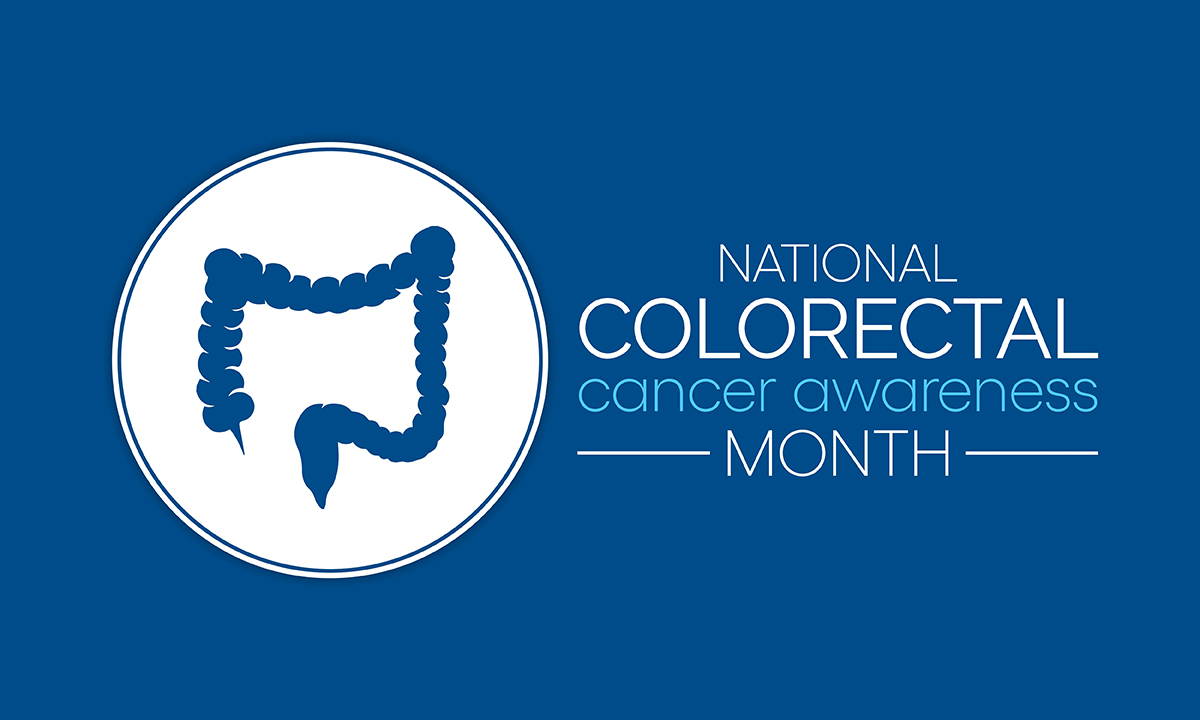Early detection of the disease can lead to prevention. In 2021 alone 149,000 Americans will be diagnosed with colorectal cancer – but we can lower that number with screenings!
Colorectal cancer occurs in the colon and/or the rectum. It first develops most often as polyps, which are abnormal growths inside of the colon or rectum that can become cancerous if not removed. When discovered early it is very treatable – and screenings save lives. As the third most common cancer in the United States and the second leading cause of cancer death for men and women you should talk to your doctors about the ways you can prevent colorectal cancer and schedule your preventative screenings!
Why Are Screenings Important
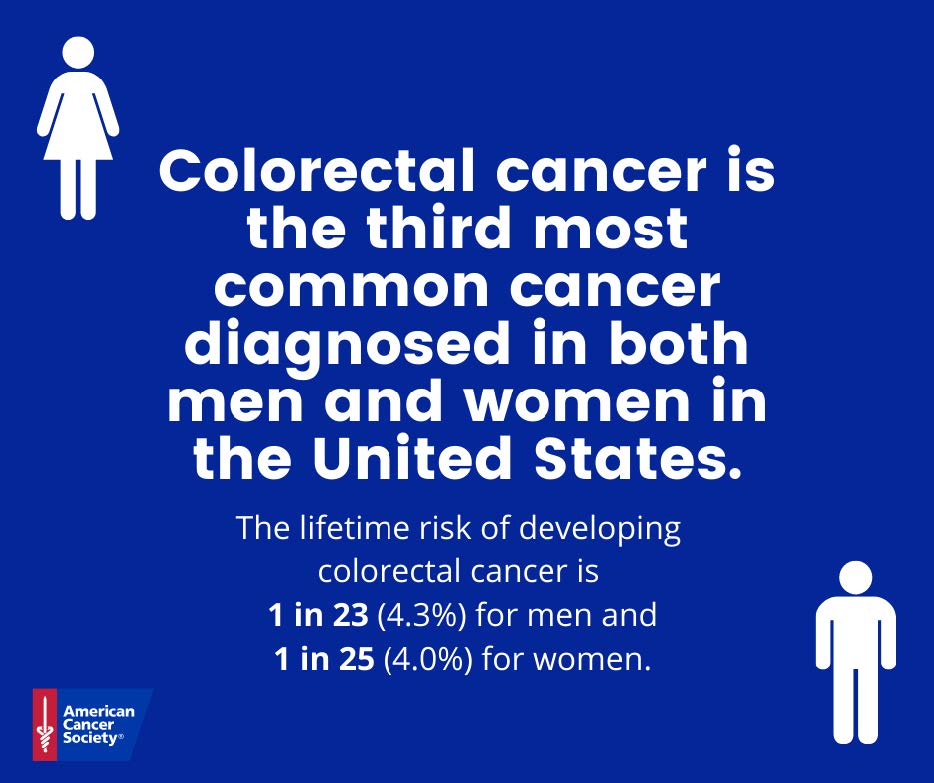
When it comes to colorectal cancer, screenings save lives. Colon cancer and rectal cancer are highly treatable but only if they are caught early. You may be asking yourself when you should get screened. It is highly recommended that all adults with a family history of colon or renal cancer start getting screened at 45 or ten years before the age at which the family member was diagnosed. It is estimated that one out of every four patients have a family history of colorectal cancer. You should also get screened if you are experiencing any symptoms such as a change in bowel habits, pain, bleeding, weakness or fatigue, or a narrowing stool. African Americans, those with conditions such as Lynch Syndrome, FAP, MAP, or other genetic conditions or those with ulcerative colitis, Chron’s or inflammatory bowel disease should talk with their doctor about the possibility of being tested even earlier. Make sure to talk with your doctor about what screenings you should get to prevent colorectal cancer!
Dr. Dainiak Awarded Top Doctor!

Dr. Christopher Dainiak was again awarded Regional Top Doctor by Castle Connolly! Dr. Dainiak is honored to be awarded the Castle Connolly Top Doctor award for the sixth year in a row. This award requires the nomination of other physicians and holds a very high standard for selection. The Castle Connolly award takes into consideration the professional qualifications, education, leadership, and professional reputation of the nominees. We’d like to congratulate Dr. Dainiak on this elevated standard of achievement which reflects his commitment and excellence to patient care.
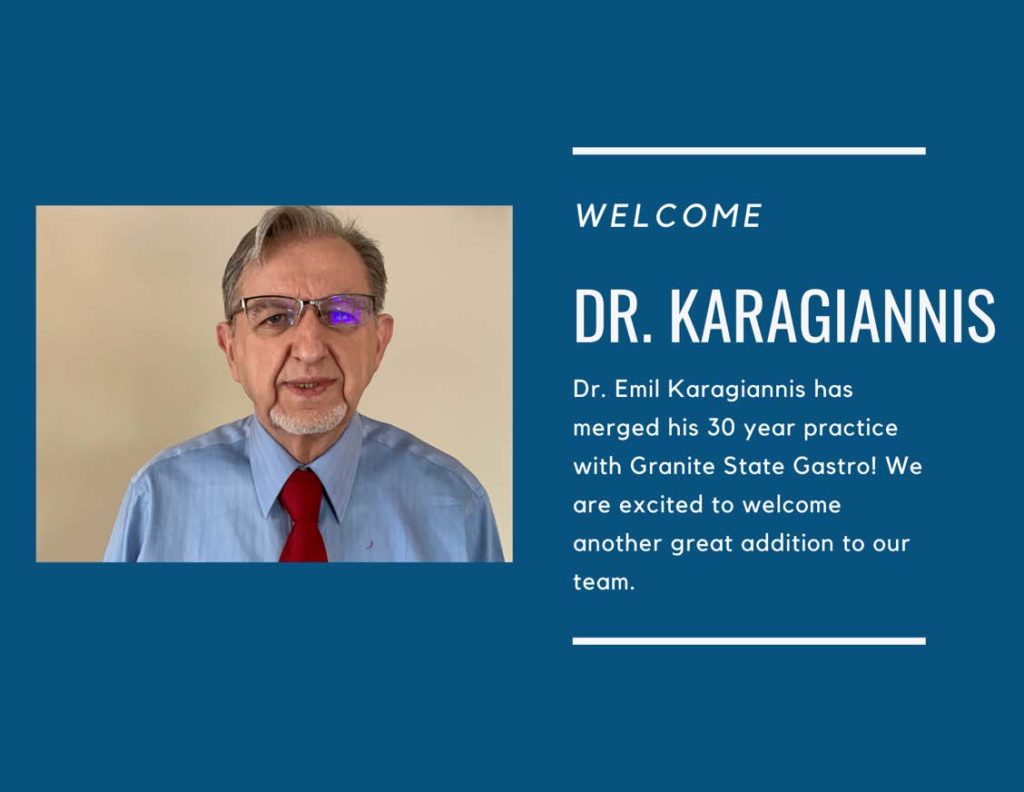
The Surgical Center of New Hampshire is a low-cost alternative to hospital settings.
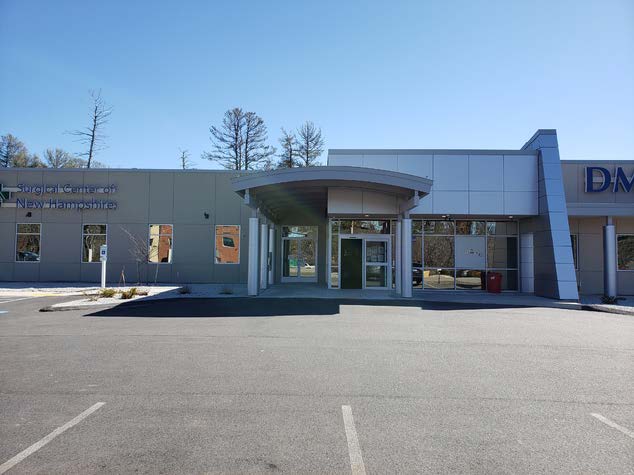
Granite State Gastroenterology physicians perform surgical procedures at the state-of-the-art Surgical Center of New Hampshire! This cost-effective and conveniently located surgical center is an ADA compliant, multi-specialty ambulatory surgical center. Our providers are proud to offer this as an additional option for convenience to our patients. Be sure to explore this option when scheduling your screening needs.
Patient Education – What Is Colon Cancer?
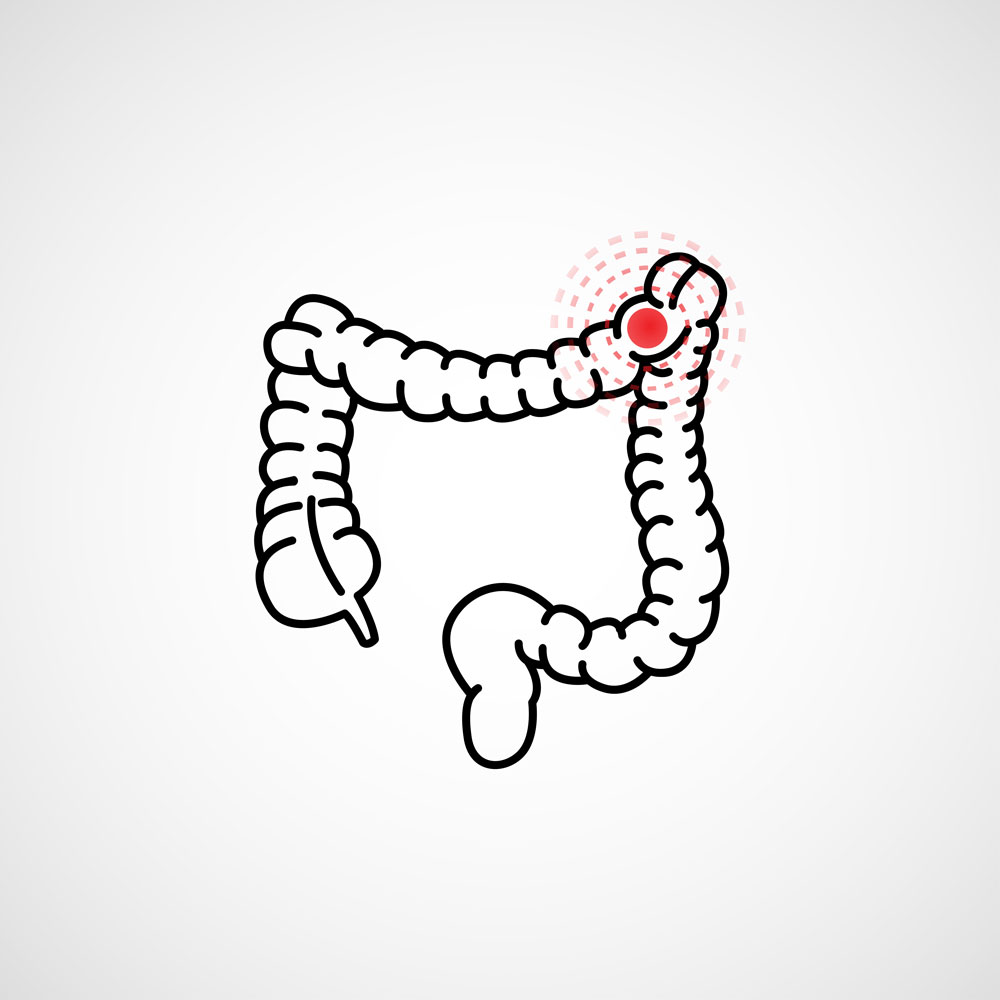
4.4% of men and women will be diagnosed with colon cancer in their lifetime, and an estimated 149,950 people were diagnosed last year alone. Our colon, also known as our large intestine, is a crucial part of our bodies digestive system. Colon cancer, also called colorectal cancer, is most common in those aged 50 or older. Preventable when detected early, colon cancer often first appears as a precancerous polyp or growth in the inner lining of the colon. Risk factors of colon cancer include having a family history of the disease, Type-II diabetes, inflammatory bowel disease, certain inherited genetic syndromes, high fat and low fiber diets, obesity, smoking, heavy drinking, and lack of physical activity. Those over 50 and African Americans are also more likely to develop colon cancer.
Symptoms of colon cancer include constipation, diarrhea, stool changes lasting longer than four weeks, bloody stools, unexplained weight loss, vomiting, persistent abdominal pain, bloating, gas, cramps, fatigue, weakness, and the feeling that bowel movements do not completely empty the bowel. Physicians can use many tools and techniques in order to diagnose colon cancer. These include a physical exam, testing stools, performing colonoscopies, or performing CAT scans, PET scans, MRIs, endoscopies or ultrasounds.

